The 10 Coolest DevOps Tools Of 2021 (So Far)
CRN takes a look at a sampling of some of the coolest DevOps tools so far this year.

From Portworx, a tool to store and manage data for Kubernetes projects, to Netsparker, which provides a way to detect vulnerabilities and provide remediation support for web application developers, CRN has assembled a list of tools from tech giants and startups that aim to improve organizations’ development operations.
Although “DevOps” as a term may be little more than 10 years old, the variety of tools hitting the marketplace to further the combined practices of development and operations shows no slow down.
And the more organizations adopt DevOps practices, the more need for providers of platform, infrastructure and system infrastructure software as a service, according to the International Data Corp.
IDC said the worldwide DevOps software tools market saw strong double-digit growth in 2019 and totaled $8.5 billion in sales. It predicted slowed growth, in the single digits, in 2021 due to the COVID-19 pandemic, with stronger growth in 2022 and 2023.
And according to The NPD Group, which tracks monthly technology sales-out information from the largest IT distributors and resellers across North America, security software revenue in the B2B channel grew 21% compared to Q1 2020. NPD also expects continued growth as individuals return to work and businesses focus on digital transformation and security.
Here are the 10 coolest DevOps tools of 2021 so far.
For more of the biggest startups, products and news stories of 2021 so far, click here .
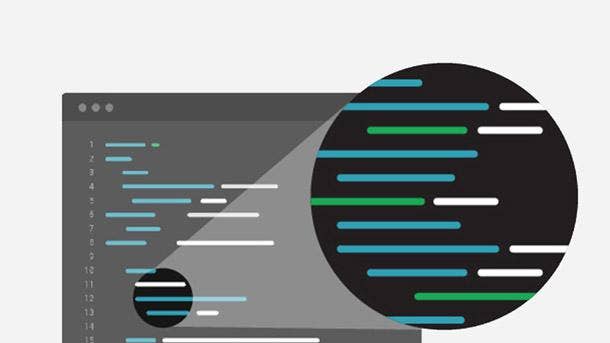
CircleCI
CircleCI (CI as in “continuous integration,” a DevOps practice of merging code changes regularly into a central repository before running automated builds and tests) offers a platform to save developers time and resources with a customizable fleet of CI and continuous delivery (CD) machines, in the cloud or self-hosted.
In May, San Francisco-based CircleCI announced the close of a $100 million Series F round of financing, bringing the total to $315.5 million since 2011. On the same day, CircleCI announced the acquisition of Dutch release orchestration platform Vamp.
In March, CircleCI announced a preview of new capabilities thanks to a new Arm compute build fleet running on AWS Graviton2. The news allows developers to build and run Arm-based applications with almost no spin-up time, the company announced at the time.
A month earlier, CircleCI introduced new platform updates to increase control, protection and privacy for users. The company added the ability for developers to create private “orbs” to help automate repeated processes with reusable packages of YAML configuration and share configuration within an organization.
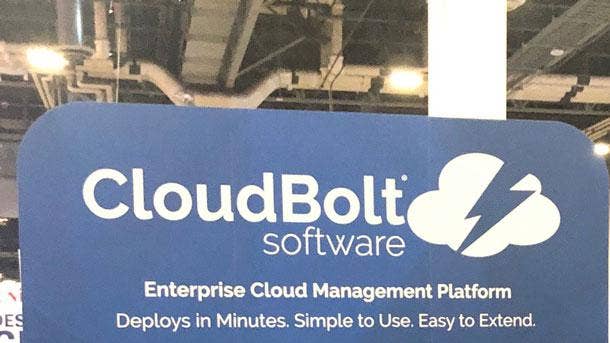
CloudBolt’s OneFuse
This North Bethesda, Md.-based startup offers a tool for DevOps practitioners to speed up time-to-provision, automate continuous integration and continuous deployment pipelines and provide continuous testing and visibility to provisioned infrastructure environments.
In June, CloudBolt released new capabilities to enhance governance and compliance and streamline integrations in hybrid cloud and multi-cloud environments. The release included cost management capabilities for AWS and Azure and codeless integrations for users of VMware vRealize Automation 8, ServiceNow CMDB and SolarWinds IPAM.
In March, the company launched a Rainmaker channel partner program to help with go-to-market efforts. Partners receive training and enablement; a variety of discounts, renewals, referral fees and sell-through margins; marketing support and monetary incentives to grow the pipeline and close deals.
And earlier this year, CloudBolt Software launched a free version of its codeless integration platform to automate, integrate and extend private and hybrid cloud infrastructures, a platform called OneFuse.
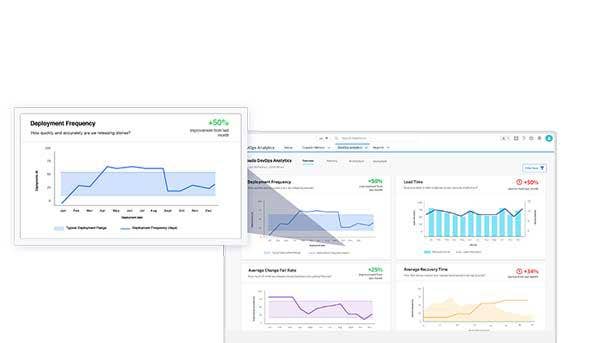
Copado’s DevOps 360
Chicago-based Copado offers a Salesforce-native DevOps platform for cloud deployments, simpler releases and automated security and compliance. Customers include Coca-Cola, MassMutual and Shell, according to the company. And it’s backed by the venture capital arm of Salesforce itself.
Its summer release added open connectivity to any SaaS platform, a universal continuous integration and continuous delivery (CI/CD) engine and will support more than 12 clouds by year’s end, including those by SAP and Veeva.
It counts among its implementation partners Accenture, Cognizant, Silverline, Capgemini and Tata Consultancy Services, according to its website. In May, Copado announced a strategic alliance with IBM Global Business Services to combine DevOps solutions.
Earlier this year, Copado announced the acquisition of New Context, a San Francisco-based provider of multi-cloud DevSecOps services to large enterprises and government agencies.
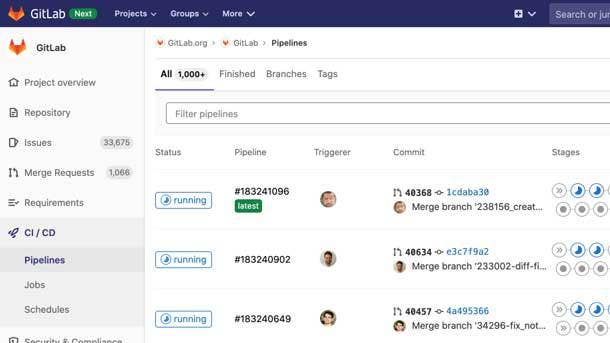
GitLab
GitLab’s website traces the company’s origins to 2011 in its CTO’s house in Ukraine. Ten years later, the company continues to iterate on its DevOps lifecycle app.
June has been an eventful month for GitLab. The company purchased machine learning-based tool UnReview used to automatically identify appropriate expert code reviewers and control review workloads and distribution of knowledge. The company released GitLab 14, promising improved visibility, security, compliance and risk mitigation. And Gartner placed GitLab in the Challengers quadrant of the Magic Quadrant for Application Security Testing.
Also this month, GitLab announced the expansion of its partner program to assist new and existing partners who develop DevOps lifecycle services around the company’s products to support customers.
“Our team has also been spending a lot of time in GitLab and GitLab CI and really enjoys having such a broad range of DevOps capabilities all in a single tool,” Cisco’s Thiel told CRN.
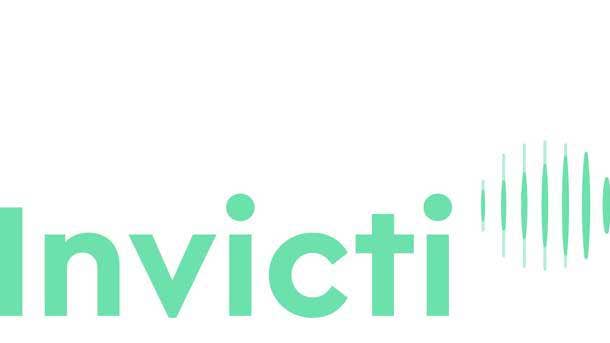
Invicti Security’s Netsparker
The Netsparker enterprise application security testing tool traces its origins to 2010, according to its website. It detects vulnerabilities and provides remediation support for web apps developers.
In March, Austin, Texas-based Invicti released interactive application security testing (IAST) capabilities to Netsparker, working with the tool’s dynamic application security testing (DAST) solution to provide insights into runtime issues and find and test local assets missed by crawlers.
In June, Gartner named Invicti to its Magic Quadrant for Application Security Testing, and Invicti hired a new chief product officer, Sonali Shah. She previously worked as a chief product officer at White Ops and as a vice president at Veracode.
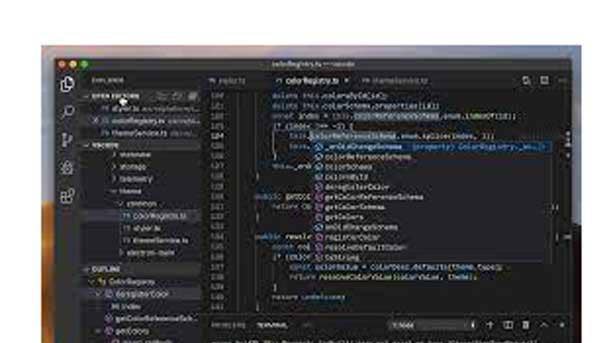
Microsoft’s Visual Studio Code (VSCode)
Six years after its initial release, Microsoft’s Visual Studio Code (or VSCode) continues to find ways to innovate.
At the Build conference earlier this year, Scott Guthrie, Microsoft executive vice president of the Microsoft Cloud and AI Group, spotlighted a new version of Visual Studio 2019 with productivity enhancements for .NET and C++ developers and a new version of Visual Studio called Visual Studio 2022, the first 64-bit native version of Visual Studio.
The tool has also received more integrations with other Microsoft products, including Azure Logic Apps, a cloud-based platform for creating and running automated workflows that integrate apps, data, services and systems.
Eric Thiel, director of developer experience at Cisco DevNet, told CRN that VSCode has been used in a variety of tasks from colleagues responsible for developer documentation to engineers writing code.
“When discussing tools with my team, VSCode always ranks at the top of the list across the team,” Eric Thiel, Director of Developer Experience at Cisco DevNet, told CRN. “The range of plugins for each programming language, for remote editing and text style assessment make it a universally helpful tool.”
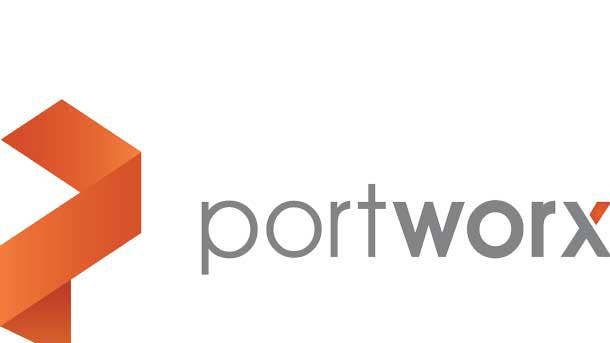
Pure Storage’s Portworx
At CRN’s Best of Breed Virtual 2021 conference, Pure Storage Chairman and CEO Charles Giancarlo told solution providers that recently acquired data management technology developer Portworx has put his company at the forefront of companies helping customers prepare for future data-centric applications.
Partners looking to stay relevant in the next generation of application environments need to provide customers with the tools necessary to scale in those environments, Giancarlo said. Cue Portworx, a Kubernetes storage platform offering container-granular storage, disaster recovery and multi-cloud migrations among other services.
“And this is where Portworx comes in,” he said. “The initial applications that were developed on containers were done so in an environment that was so-called stateless, a stateless environment. But in most enterprises, especially large scale, applications are stateful and this is what Portworx makes easy for them. And it allows a stateless container environment to work with stateful applications.”
Archie James, vice president of business development at Converge Technology Partners, a Toronto-based solution provider and Pure Storage partner, told CRN at the time that his company is already bringing Portworx to a couple of customer opportunities.
“This is part of our hybrid cloud practice focus on modern app development,” James said. “We see Portworx as a big part of this and are using it for app modernization. I’m hearing our engineers say they really like Portworx and find it a great tool for containerization.”
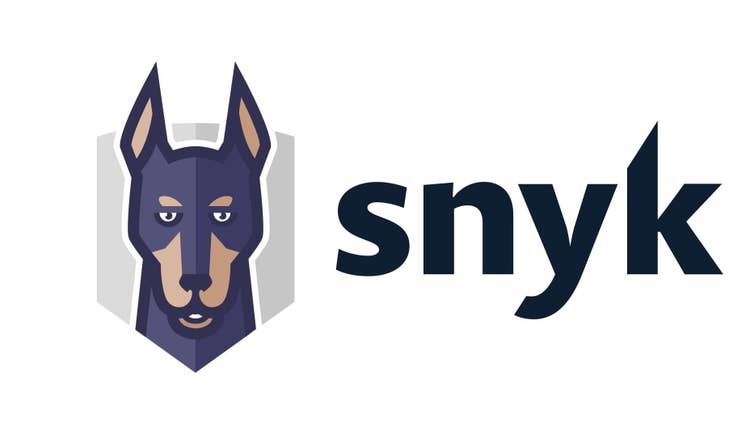
Snyk
Founded in 2015, the Boston-based company offers a platform that helps businesses quickly develop, scale and secure applications, targeting developers rather than security IT personnel to help them fix security issues in their source code as well as their Kubernetes and container applications.
The company received a large amount of venture capital this year to help with go-to-market efforts and to improve its platform. In March, Boston-based Snyk closed its Series E funding round of $300 million with plans to use some of the proceeds to build out go-to-market teams in Australia, India, Japan, Korea, New Zealand and Singapore. It raised $150 million in January.
Some of the proceeds will go into improving security through partnerships with developer-first companies such as Atlassian, Datadog, Docker, Dynatrace and Red Hat.
In May, Snyk announced the acquisition of FossID, a Swedish company that offers a software composition analysis tool that scans code for open source licenses and vulnerabilities. The plan is to integrate FossID’s capabilities into Snyk’s software composition analysis (SCA) tool, Snyk Open Source.
In June, Gartner named Snyk (pronounced “sneak”) in the 2021 Magic Quadrant for Application Security Testing (AST).
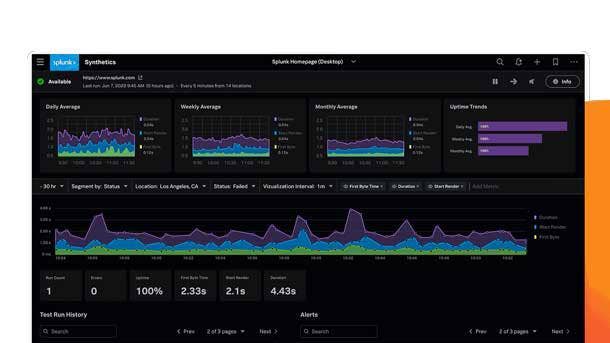
Splunk’s Observability Cloud
Splunk made its Observability Cloud for IT and DevOps teams generally available earlier this year to expand sales of its machine data management technology for IT infrastructure monitoring, application performance management and DevOps tasks.
Splunk Observability Cloud incorporates some existing Splunk products including Splunk Log Observer, Splunk Real User Monitoring (RUM), Splunk Infrastructure Monitoring, Splunk APM and Splunk On-Call.
For DevOps tasks, the inclusion of Splunk Log Observer in Splunk Observability Cloud provides the log data management and analysis capabilities needed by developers and site reliability engineers.
According to The NPD Group, Splunk saw a 22% increase in revenue growth in 2021 Q1 compared to the same period in 2020.
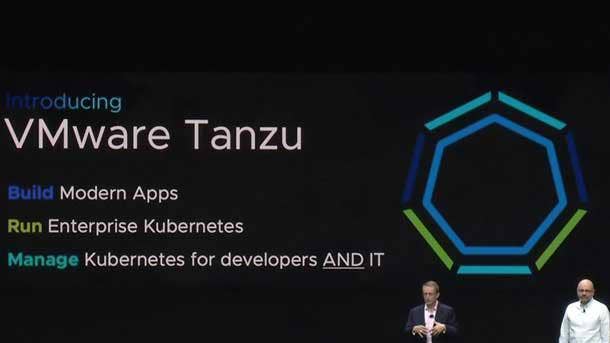
VMWare Tanzu
VMware Tanzu is rapidly gaining market momentum as enterprises and developers across the globe leverage Tanzu’s Kubernetes capabilities to build modern applications faster than ever before.
VMware Tanzu enables businesses to run Kubernetes in vSphere and manage Kubernetes across multiple clouds whether its public or private, while allowing customers to automate the delivery of containerized workloads. With roughly 80 million workloads today currently on vSphere platforms in the data center, Tanzu is top of mind in VMware’s strategy to become a Software-as-a-Service (SaaS) and subscription software company.
“Given the importance of application modernization and digital initiatives at all of our customers, you can imagine why Tanzu is becoming more and more central to what we talk about with a lot of our customers,” said VMware’s new CEO Raghu Raghuram during the company’s recent first quarter financial earnings report.
Tanzu is enabling its customers’ developers to modernize their applications in the clouds of their choice via innovative software tools and the VMware Tanzu Developer Center. VMware’s center provides tools for DevOps engineers, automation experts and developers.
Additionally, in terms of VMware’s Bitnami open-source application marketplace, VMware has more than two million developers registered.